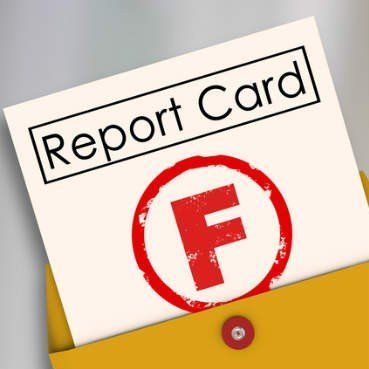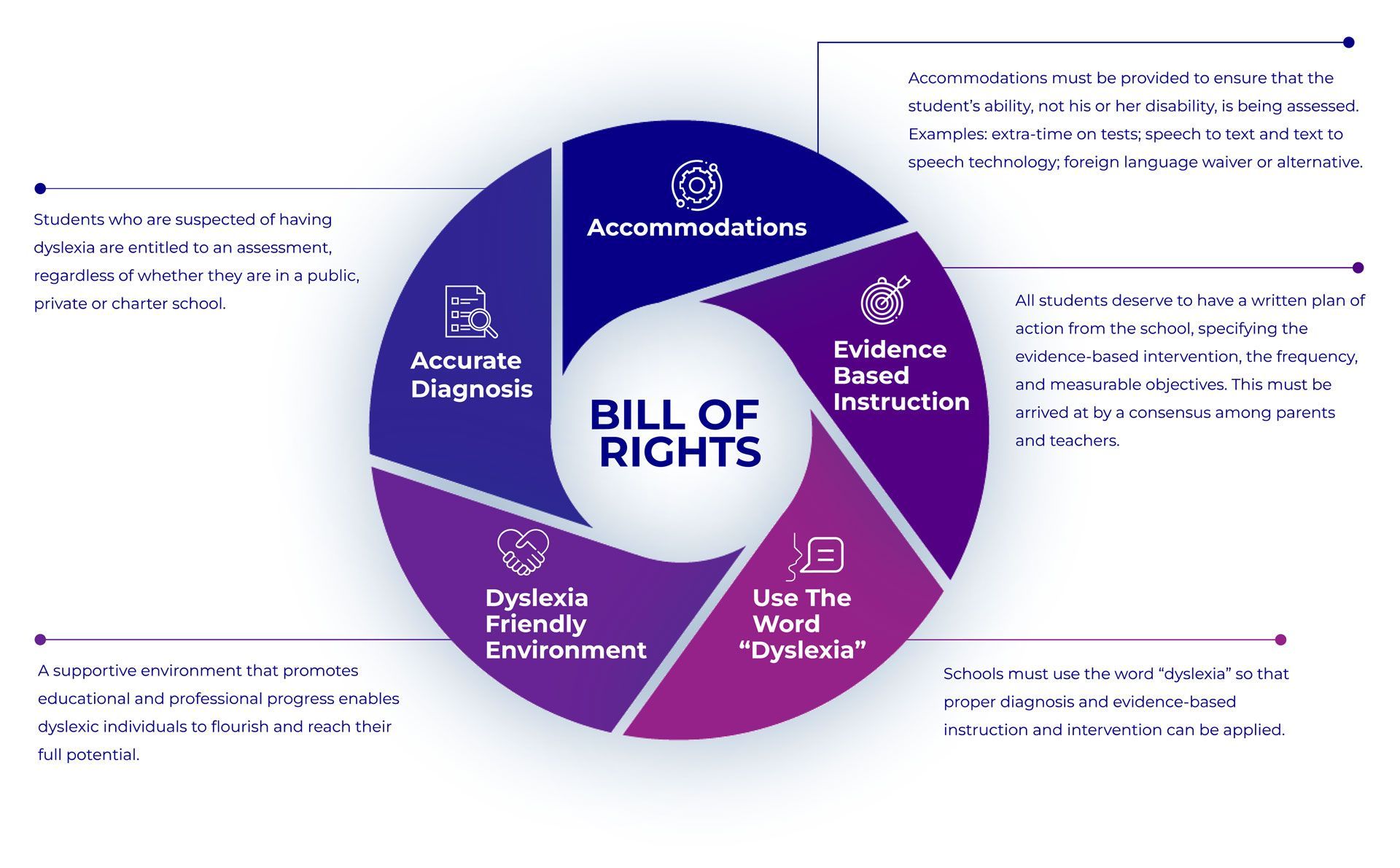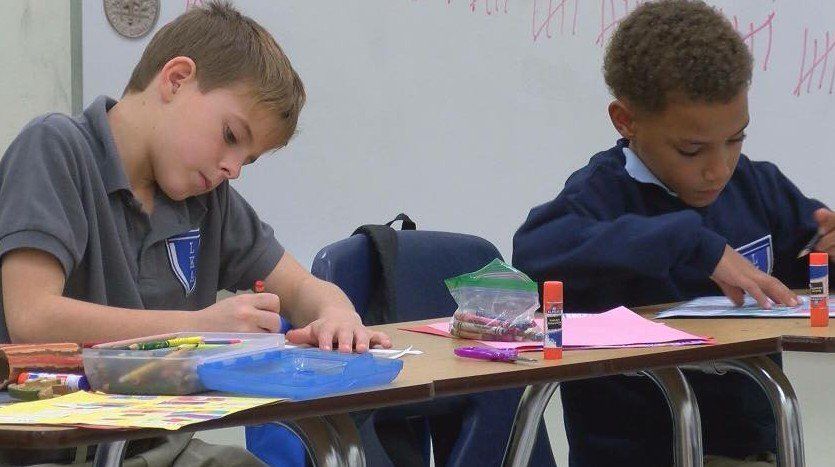Call Us (225) 384-5484
READING OPENS THE DOOR TO LIMITLESS OPPORTUNITIES
The Dyslexia Resource Center is helping open the door for the 1 in 5 people with dyslexia.
Who We We Are

WE ARE
the #1 hub
for scientifically proven dyslexia resources, training, and support in Louisiana and surrounding states.

WE BELIEVE
every child
with dyslexia deserves the opportunity to reach their full potential, and we're passionate about making a lasting difference in their lives.


Let’s Take the Mystery Out of Dyslexia Dyslexia
If you or someone you love has dyslexia, you've likely witnessed their struggle. It's painful to feel helpless.
That's why the Dyslexia Resource Center is a helping hand for parents, educators, and other community champions. Together, we can break the cycle of stigma and take the mystery out of dyslexia.

Parents & Guardians
Preparing your child for success begins with understanding a dyslexia diagnosis. Find out how we can support you and your child.

Educators & Community Champions
If you teach or provide services for dyslexic children in your community, we consider you a Champion!
If you’re one of the few in your area who’s passionate about supporting people with dyslexia, we’re here for you! Get the latest tips and training with our professional development workshops, certifications and more.

Institutions & Agencies
Building a better, brighter community begins with offering educational and supportive resources at the grassroots level — to the people you serve on a daily basis who want a chance to live productive, healthy lives.
We work with state and private institutions to provide screening, testing, and consulting services, as well as professional development and certification opportunities.

Schools & Districts
Are you looking for ways to better prepare your students for a world of success?
Learn more about our evidence-based resources for students and staff, including screening tools, interactive workshops and more.
How You Can Help
There are many ways you can get involved and support Dyslexia Resource Center initiatives.
Bill of Rights Rights
The Dyslexia Bill of Rights outlines the rights any person with dyslexia should be granted.


Key Relationships
Our key relationships furthering dyslexia education and personifying the Dyslexia Bill of Rights include:

DRC Client
The founder of the Dyslexia Resource Center also founded Louisiana Key Academy, the only public charter school in Louisiana just for students with Dyslexia. Today, the +5 years relationship between the center and the academy provides Dyslexia screening and testing support and materials to the academy, as well as teacher training and professional development to the teaching staff.

DRC Partner
The mission at the Yale Center for Dyslexia & Creativity is a mission we share. In short, to illuminate, disseminate, and transform the world for dyslexic individuals and their families. Our founder partnered with the Yale Center's founders to further this close-to-our heart goal that led to the DRC becoming the only Louisiana-based organization recognized and endorsed by the Yale Center for Dyslexia & Creativity. We're both passionate about making accurate information accessible to communities so that we can work towards ending the stigma that surrounds dyslexia.
Recent Blog Posts


Quick Links
What is Dyslexia?
Dyslexia Services
WHO WE ARE?
The Dyslexia Resource Center was started by a group of concerned parents, medical doctors, and advocates who simply want everyone to know the truth about dyslexia, based on the most current science, and how that knowledge can translate into success in the classroom.
WHAT IS DYSLEXIA?
An unexpected difficulty in reading for an individual who has the intelligence to be a much better reader.
All Rights Reserved | Dyslexia Resource Center



